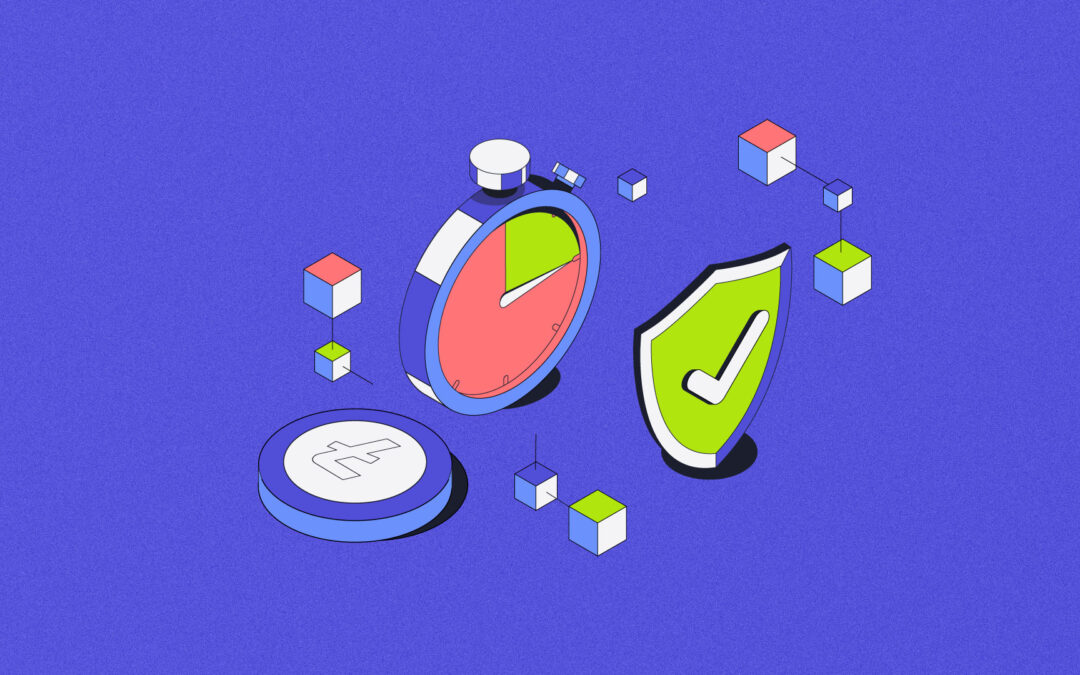Welcome, savvy readers, to a digital realm where data reigns supreme and privacy is the crown jewel. In a world teeming with technological advancements, concerns about the security of our personal information have never been more relevant. Enter blockchain, the unsung hero of the digital age, working tirelessly behind the scenes to fortify our data privacy. In this blog post, we’ll embark on a journey to unravel the intricate tapestry of blockchain and explore how it stands as an impenetrable fortress against the threats to our sensitive information.
Understanding the Basics
First things first – what exactly is blockchain?
Imagine a decentralized ledger, a chain of unalterable and transparent blocks, each containing a record of transactions. Unlike traditional databases that reside in a central location, blockchain disperses its data across a network of nodes, making it inherently resistant to tampering and hacking.
Immutable Encryption
Blockchain employs a robust cryptographic mechanism that encrypts data within each block. This ensures that once information is added to the chain, it becomes virtually immutable. Tampering with a single block would require altering every subsequent block in the chain – a task so Herculean that it dissuades even the most audacious cybercriminals.
Decentralized Architecture
Centralized entities, such as governments or corporations, pose a significant risk to data privacy. Blockchain, however, operates on a decentralized network of nodes, eliminating the need for a single point of control. This not only minimizes the risk of a catastrophic breach but also puts the power back into the hands of the individuals, allowing them to have greater control over their own data.
Smart Contracts and Self-Sovereignty
Blockchain introduces the concept of smart contracts – self-executing agreements with the terms directly written into code. These contracts not only streamline processes but also reduce the need for intermediaries, thereby minimizing the risk of third-party data mishandling. Moreover, blockchain promotes the idea of self-sovereignty, where individuals have greater control over their digital identities and can grant or revoke access to their data as they see fit.
Enhanced Transparency
In a world where opacity often shrouds data practices, blockchain champions transparency. Every transaction is recorded on the ledger, visible to all participants in the network. This transparency not only builds trust but also acts as a deterrent to malicious actors, who are less likely to engage in nefarious activities when every move is on display.
Conclusion
As we navigate the digital landscape, the importance of safeguarding our data cannot be overstated. Blockchain emerges as a beacon of hope, offering a formidable defense against the perils of data breaches and privacy infringements. By embracing the decentralized, transparent, and immutable nature of blockchain, we pave the way for a future where our digital lives are secure, and our data remains our own. So, here’s to a safer, more private online experience – thanks to the silent guardian, blockchain.

